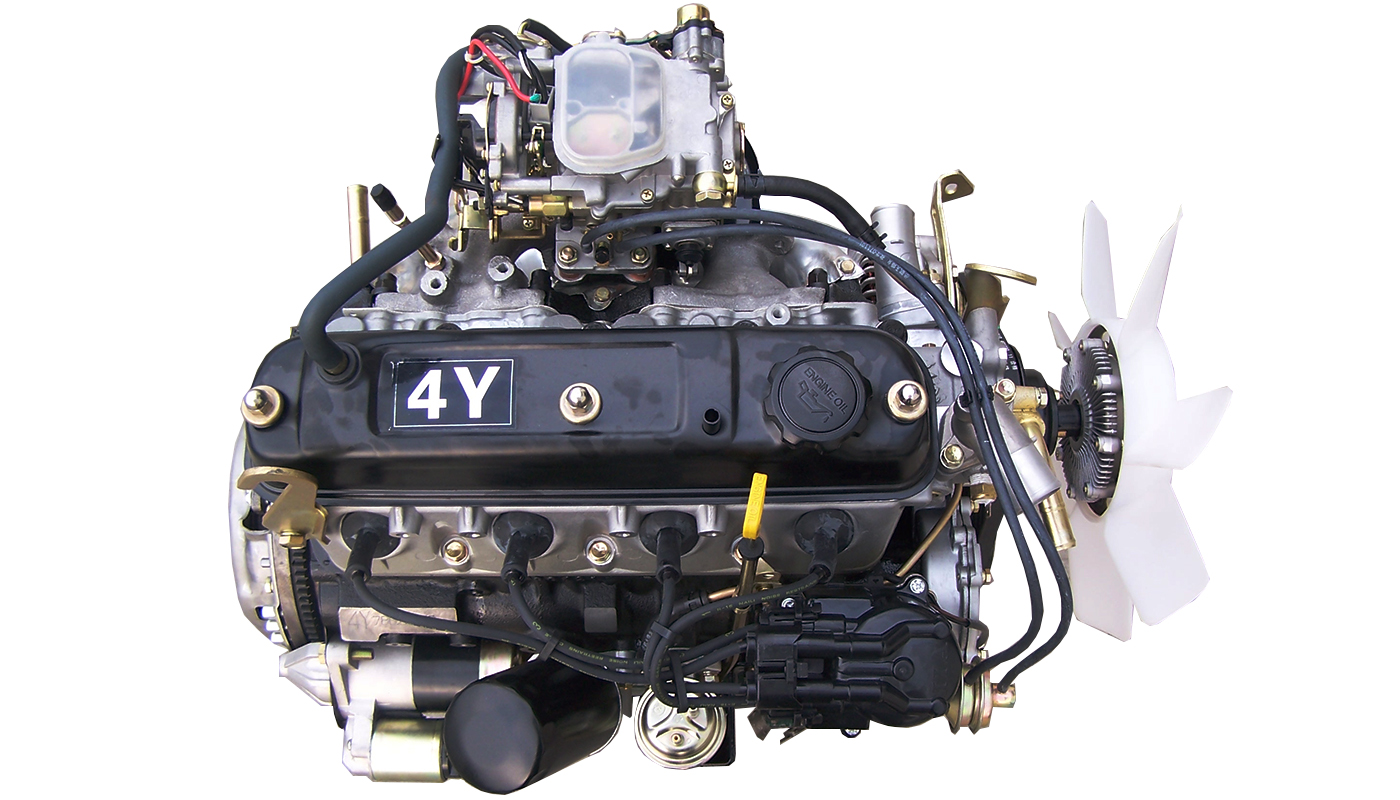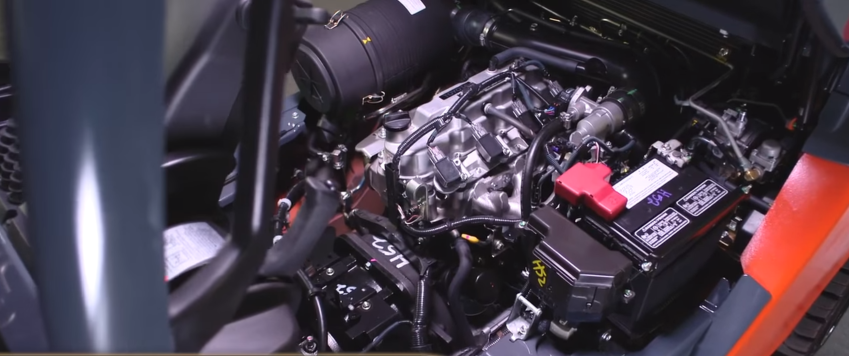What Makes the 4Y Engine Stand Out Among Other Automotive Engines
What Makes the 4Y Engine Stand Out Among Other Automotive Engines
Blog Article
The Ultimate Overview to the Engine: Trick Insights for every single Vehicle Enthusiast
Understanding the engine is essential for any vehicle enthusiast, as it works as the heart of the lorry and dictates its performance. This overview supplies a detailed examination of engine makeup, kinds, and the auto mechanics behind their operation, including the cutting-edge modern technologies that are improving the automobile landscape. Furthermore, it highlights the vital nature of upkeep practices that can significantly affect an engine's lifespan. The intricacies of engine dynamics and the newest developments in technology existing questions that warrant more exploration. What might these insights expose concerning the future of automobile design?
Anatomy of an Engine
Recognizing the makeup of an engine is crucial for any cars and truck fanatic aiming to dig much deeper right into vehicle auto mechanics. An interior burning engine primarily is composed of a number of key elements that operate in unison to convert gas into power.
At the heart of this system lies the cylinder block, which houses the cylinders where burning happens. Piston motion within these cylinders is helped with by the crankshaft, which equates straight activity into rotational energy. Furthermore, the camshaft plays an essential duty in controlling the opening and closing of the engine's shutoffs, guaranteeing appropriate air-fuel blend intake and exhaust gas expulsion.
Other important parts consist of the gas system, which provides the engine with the required fuel, and the ignition system, responsible for starting burning - 4y engine. The air conditioning and lubrication systems are also important, maintaining ideal operating temperature levels and minimizing rubbing, specifically
Engine Types and Configurations
A diverse range of engine kinds and arrangements exists, each offering special benefits and downsides tailored to different driving demands and choices. One of the most usual engine types include inline, V, level, and rotary setups.
Inline engines, including cyndrical tubes organized in a solitary line, are recognized for their simpleness and performance. They are usually located in portable lorries, providing a balance of power and economic situation. V engines, identified by their two financial institutions of cylinders arranged in a V form, give greater efficiency and smoother procedure, making them preferred in sports and luxury cars and trucks.
Flat engines, or fighter engines, have actually horizontally opposed cyndrical tubes, which add to a lower center of gravity, boosting automobile security. These are typically seen in brands like Subaru and Porsche.
Rotating engines, although much less usual, utilize a distinct layout with a triangular blades and offer high power-to-weight proportions. They succeed in small and light-weight applications, mostly seen in Mazda vehicles.
Each engine type serves certain performance qualities, weight distributions, and fuel performances, guaranteeing that automobile enthusiasts can select the right engine configuration to match their driving style and automobile demands.

Just How Engines Work
Engines, despite their type or setup, operate fundamental principles that regulate their efficiency and performance. At their core, engines transform gas right into power via a collection of regulated explosions or compressions. This procedure commonly includes four primary strokes: consumption, power, exhaust, and compression.
Throughout the intake stroke, the engine draws in a blend of air and gas. In the power stroke, a spark ignites the compressed blend (in gasoline engines) or the mix fires up automatically (in diesel engines), resulting in a rapid development of gases that pushes the piston down.
The efficiency of an engine is influenced by numerous elements, consisting of the layout of the combustion chamber, the kind of gas pop over to this web-site used, and the accuracy of the engine's parts. Comprehending these basic concepts is vital for automobile fanatics who seek to appreciate the intricate technicians behind their lorries, as well as for those aiming to enhance efficiency via modifications and adjusting.
Innovations in Engine Innovation
Recently, advancements in engine innovation have actually substantially changed the automotive landscape, enhancing both performance and environmental sustainability. One of the most noteworthy innovations is the growth of turbocharging and supercharging, which permits smaller sized engines to generate better power results without compromising fuel efficiency. This has actually caused a rise in the popularity of try here scaled down engines, giving manufacturers with the capability to satisfy rigorous exhausts laws while preserving performance requirements.
In addition, crossbreed and electrical powertrains are improving the engine standard. Hybrid systems incorporate internal burning engines with electrical motors, maximizing fuel consumption and minimizing discharges. Totally electrical automobiles (EVs) remove the burning engine entirely, counting on sophisticated battery technology to deliver instantaneous torque and outstanding velocity.
Additionally, the assimilation of expert system and device discovering in engine management systems permits real-time optimization of performance parameters, enhancing performance and responsiveness. Advancements such as variable valve timing and direct gas injection better refine burning processes, making best use of power output while decreasing waste.
As the automobile industry remains to progress, these advancements in engine modern technology will play a critical duty fit the future of movement, prioritizing both performance and sustainability.
Upkeep Tips for Fanatics
Keeping an engine is as essential as the technologies that boost its performance. Regular upkeep not only lengthens the life of your engine but additionally ensures optimal performance.
Check and change air filters occasionally to guarantee proper air movement, which is important for combustion performance. A clogged up air filter can result in decreased efficiency and increased gas usage. In a similar way, check the coolant degrees to stop getting too hot, and replace coolant according to the service schedule.

Final Thought
In final thought, an extensive understanding of engine makeup, types, and mechanics is vital for auto enthusiasts. Normal upkeep practices, including oil adjustments and air filter checks, are vital for guaranteeing optimal engine functionality and longevity.

Engines, no matter of their type or arrangement, run on essential principles that regulate their performance and performance. In the power stroke, a spark stirs up the pressed mix (in fuel engines) or the mixture ignites spontaneously (in diesel engines), resulting in a fast growth of gases that presses the piston down.In current years, improvements in engine innovation have actually dramatically changed the automobile landscape, boosting both performance and ecological sustainability.
Report this page